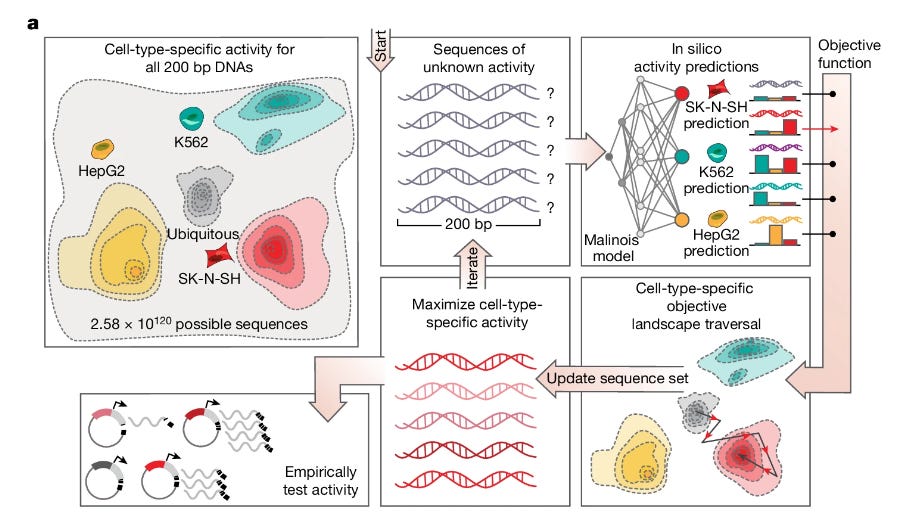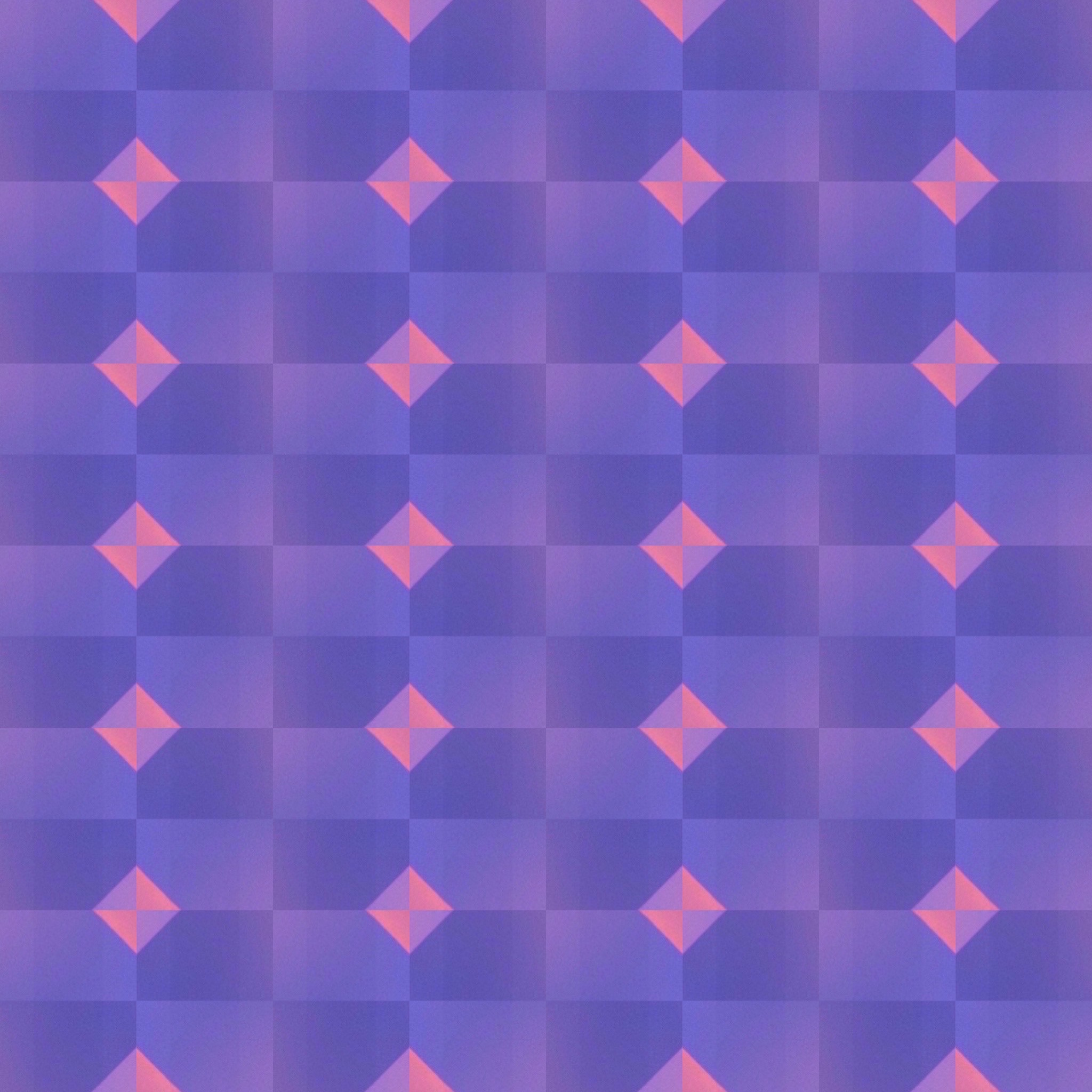
In the final act of Jason Reitman’s Saturday Night , Matt Woods’s John Belushi ice skates in his bee costume in an empty rink in Rockefeller Plaza, as Ella Hunt’s Gilda Radner and the iconic gold statue of Prometheus look on.

In the final act of Jason Reitman’s Saturday Night , Matt Woods’s John Belushi ice skates in his bee costume in an empty rink in Rockefeller Plaza, as Ella Hunt’s Gilda Radner and the iconic gold statue of Prometheus look on.

This week’s recap highlights a new way to turn Nextflow pipelines into web apps, DRAGEN for fast and accurate variant calling, machine-guided design of cell-type-targeting cis-regulatory elements, a Nextflow pipeline for identifying and classifying protein kinases, a new language model for single cell perturbations that integrates knowledge from literature, GeneCards, etc., and a new method for scalable protein design in a relaxed sequence
Check out the new paper by Jerry Harris, “What exactly is a nuchal ligament and who exactly has one?” This is one of those papers that fires on lots of cylinders for me: it’s interesting, it’s useful, and holy crap, the work that went into it is humbling.

Like most years, a mixed bag for me here. Kidney failure continues to be a truly challenging medical fiasco, with AV fistulas, overnight dialysis, hormone therapies, and much much more. I also continue to feel the severe difficulties of my rheumatoid arthritis, which required a hip replacement in April.
New frameworks for course websites are popping up all the time. In this post, I'll review some of them.

OpenCitations and the Barcelona Declaration are happy to announce that the call for participation and contributions to the Workshop on Open Citations and Open Scholarly Metadata 2025 is now open.
“Bis 2024 sollte Wissenschaftliches Publizieren in der Schweiz OA sein, alle mit öffentlichen Geldern finanzierten wissenschaftlichen Publikationen müssen im Internet frei zugänglich sein.”1 Mit diesem hehren Ziel wurde im Januar 2017 die Nationale Open-Access-Strategie für die Schweiz verabschiedet.
Since the inception of ChatGPT in late 2022, the question of how AI will change academia is a concern in almost every discipline. Social media and mailing lists alike are flooded with suggestions for new AI-based tools, workflows, or seminars. At the same time, many journal publications now come with some form of AI involvement – from analyzing and interpreting data to the drafting of whole sections.

Knowing the time

In the digital era, making research easily discoverable and accessible cannot be overstated. In this context, the Digital Object Identifier (DOI) system has emerged as a global persistent identifiers (PIDs) standard for identifying and linking digital content. However, many institutions in Tunisia, as well as institutions in other developing countries, have been slow to adopt this system due to various challenges.

A Step-by-Step Guide to Using FLUX 1.1, FLUX Fill, Canny, Redux Tools, and Camera Filename Prompt Techniques for Creating or Editing Images in Any Style and Realism